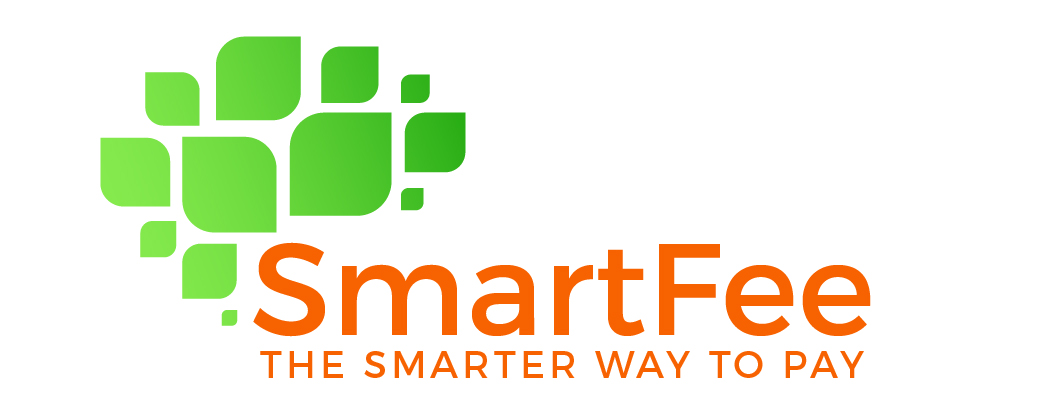Working with a lawyer is often the best thing clients can do to look after their interests.
But lawyers are highly skilled and often charge significant fees for their services. That can leave clients struggling to pay their bills, and it can even prevent people from accessing the help they need.
The solution to this problem is to make it easier for clients to pay their bills. This can be done in several ways, but payment plans and fee funding are the two most popular options.
In this article, we’ll see whether lawyers accept loans for legal fees, and explore the two solutions in detail.
Do Lawyers Accept Payment Plans?
Yes, some lawyers accept payment plans.
If you have ever worked with a lawyer, you’ll know how quickly your invoice can add up. Paying that invoice can be a challenge.
To help out, some law firms offer payment plans that allow clients to break their repayments down into regular instalments. For the firm, this is a great way to minimise the risk of non-paying clients. For clients, it allows you to access professional legal advice without worrying about the cost.
Lawyers that offer payment plans typically provide one of two facilities:
1. In-House Payment Agreements
These payment agreements are established by the law firm itself.
The payment plan is a legally binding agreement between the client and the firm. The client is allowed to pay their invoice in stages or instalments under the terms of the agreement.
In-house payment plans may or may not be subject to interest and other fees.
This type of agreement doesn’t involve outside financing. The firm accepts the risk of establishing a payment plan, as well as the burden of administering the plan and managing debts.
2. Legal Fee Financing
Alternatively, law firms may partner with a third-party provider to offer legal fee financing. These types of services are typically called “fee funding” providers.
Fee funding is a type of short-term loan that can be used to pay your lawyer’s invoice.
Clients take out short-term loans with the fee funding provider. The provider pays the full value of the invoice to the law firm up front, and then the client repays the lender in smaller increments.
This type of legal fee financing attracts interest, and the agreement may include additional fees. Because the fee funding provider makes its money by charging interest on the loan, these services are provided at no cost to the law firm.
Advantages of Payment Plans
Establishing in-house payment plans can be a time consuming task. Once you have processes and agreements in place, payment plans offer a few major benefits:
- Service more clients. Offering payment plans makes your services accessible to a greater number of clients. The more clients you can service, the more your firm can grow.
- Improve cash flow. Accepting regular instalments from clients improves your law firm’s cash flow management. This can allow you to reinvest in the firm, expand your service offering and market the business.
- Client loyalty. Clients love a good customer experience. The easier it is for them to pay their bills, the more likely they are to come back to your firm next time they need advice.
Disadvantages of Payment Plans
Offering payment plans does come with a few disadvantages to the firm:
- Administrative requirements. Establishing and maintaining in-house payment plans requires significant effort. This burden can reduce the cost-effectiveness of offering payment plans in the first place.
- Risk of non-paying customers. There’s always the risk that a client will be unable to make a payment. That can place financial strain on the firm and consume even more of your resources.
- Ethical and legal concerns. While it’s legal for Australian businesses to accept payment plans, it’s crucial that your agreements are fair and ethical. Payment agreements that are unfair or illegal can be a major liability to the firm.
In-house payment plans can carry substantial risks for law firms. Especially if you operate in a high-billing industry (such as commercial law), allowing clients to pay in stages can be a serious burden.
If you want to offer this type of payment plan, it’s important to establish internal procedures and documentation for how to handle situations such as a non-paying client. Who keeps track of payments and account balances? How will you communicate with clients? What actions will you take if a client doesn’t pay?
Answering these questions can help you develop a strategy for managing payment options to ensure you aren’t left holding bad debt.
Advantages of Fee Funding
Engaging a fee funding service is one of the best things you can do for your clients. Fee funding providers offer several major advantages to firms:
- Up front payment of invoices. The major benefit of fee funding services is that the full value of your invoice is paid up front. This improves cash flow for the firm and allows you to reinvest in the business.
- More options or customers. Fee funding services can be integrated with your existing payment options. Customers simply see another way to pay their bills, which makes it easier to collect your money on time.
- No administrative requirements. The administrative side of fee funding is handled by the third party provider.
- Service more clients. Clients are often concerned about the cost of working with lawyers. This can lead to people avoiding lawyers unless they’re in dire straits. By providing fee funding as an option, you’re able to help more clients, expand your service offerings and support your local communities.
- No cost to the firm. Fee funding is usually provided to law firms at no cost. The fee funding provider makes their money through fees and interest, so there’s no need to charge the law firm.
Disadvantages of Fee funding
While funding for legal fees is a great solution for clients and firms alike, it does come with a few limitations:
- Higher cost to clients. The fees and interest associated with legal fee funding are set by the service provider. This may increase the cost to clients. Fee funding providers vary widely in how much they charge – look for a service with minimal fees and low interest rates.
- Credit limitations. Because fee funding is a type of short-term loan, clients who use the service may be subject to a credit check. This can limit which clients are able to use a fee funding service.
If your firm is looking to offer fee funding as a payment option, consider each provider carefully. The ideal provider has no upfront fees and no hidden costs (such as break fees).
Which Type of Payment Plan is Better?
The best thing you can do for clients is to offer both payment options. Providing flexibility makes it easier for clients to pay their bills, and that’s the ultimate goal.
Third party fee funding services provider greater protection for both the firm and its clients.
While in-house payment plans are a viable option, they require dedicated management and can be a drain on resources. If you are choosing between fee funding and payment plans, or if you aren’t prepared to accept the risk or administrative burden, fee funding is the better option.
Improve Your Firm’s Cash Flow with Fee Funding from SmartFee!
Fee funding is the ideal solution for lawyers. When you generate large invoices, fee funding helps clients to pay their bills on time. If clients are consistently struggling to pay, or if you want to provide more options to customers, SmartFee can help!
SmartFee is a fee funding provider that works with commercial law firms and their clients. We partner with businesses and individuals all over Australia.
Our fee funding service is designed to be as simple as possible. We pay the client’s full invoice up front, and clients can repay us over a 3-12 month period. That ensures your firm has the cash it needs day-to-day. It also allows clients to manage their personal finances and access professional help whenever they need it.
Contact us to find out more!

